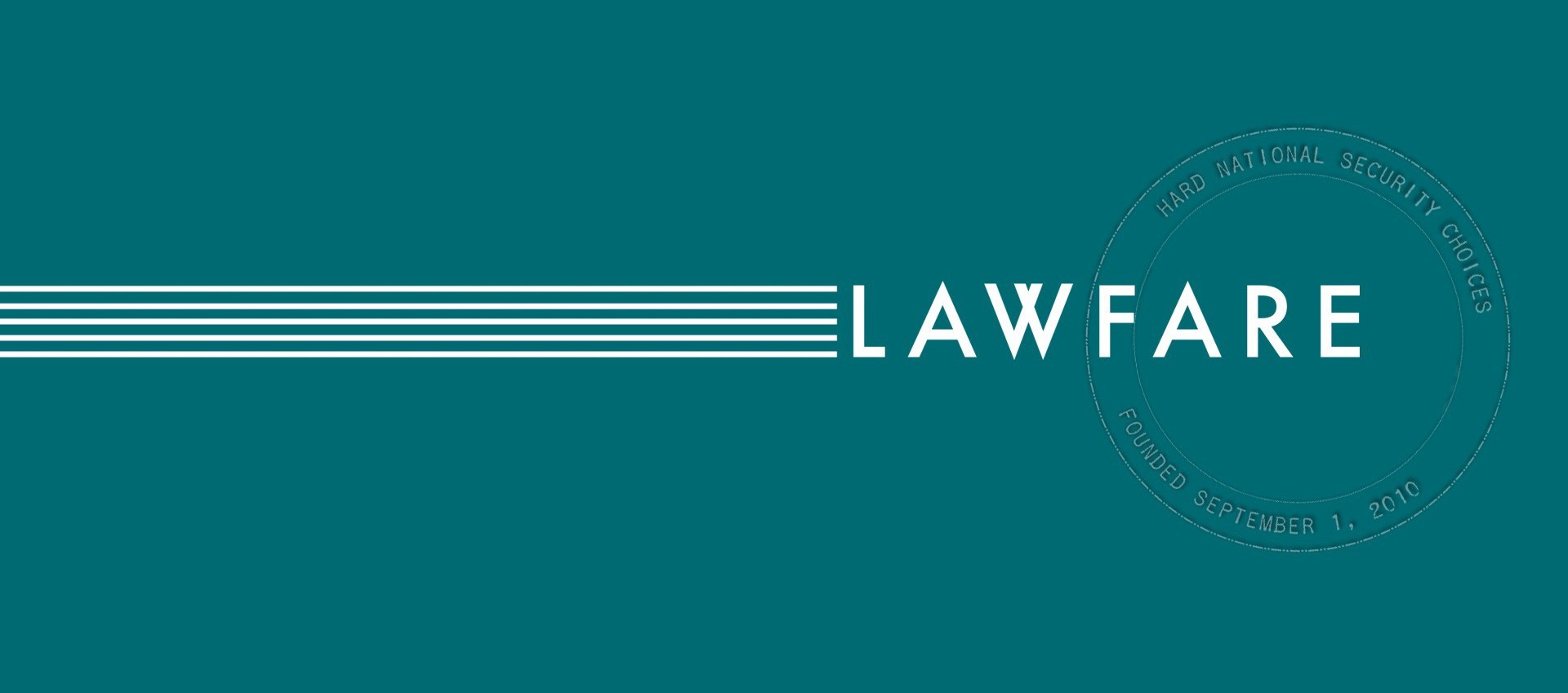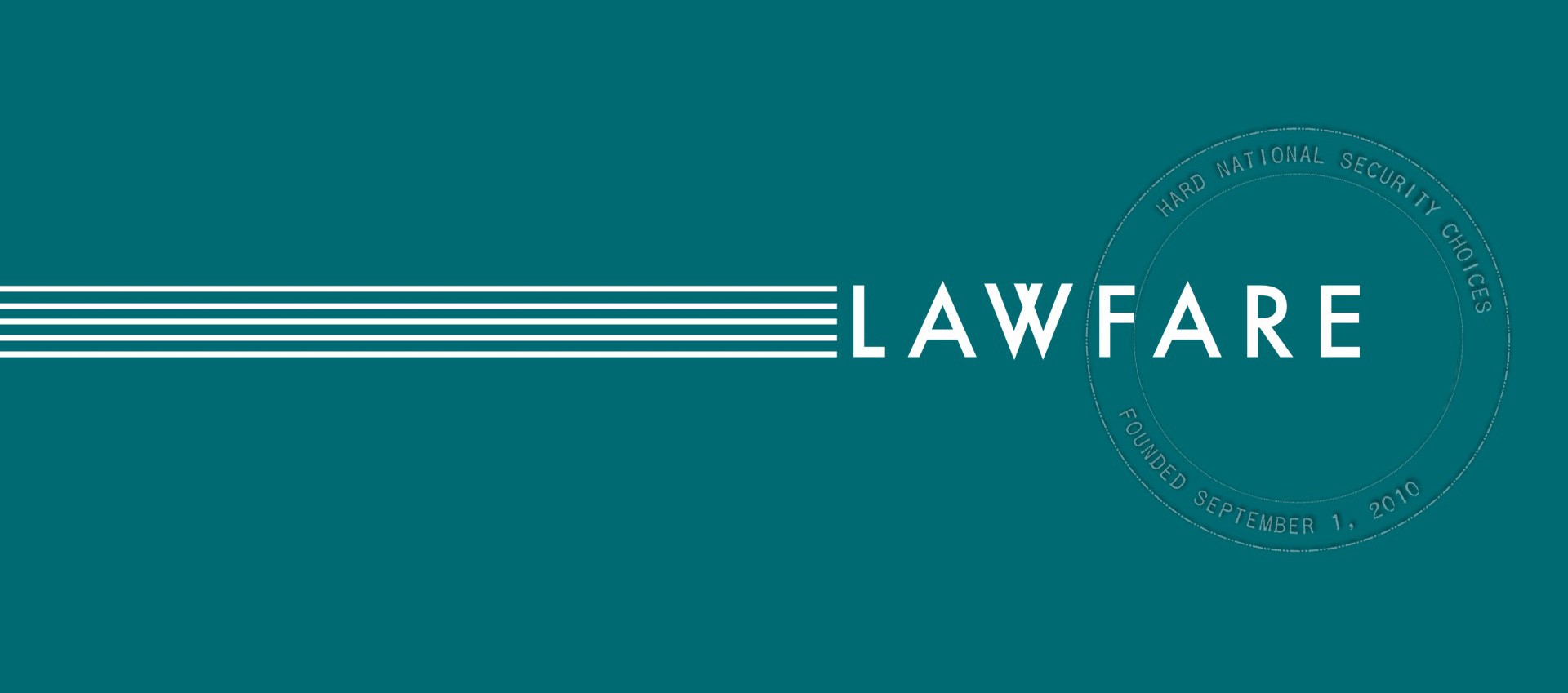-

The Lawfare Podcast: Ashley Deeks on International Regulation of National Security AI
-

National Security AI and the Hurdles to International Regulation
Small-group cooperation and unilateral efforts to develop settled expectations around the use of national security AI are far more likely than an international regime analogous to nuclear arms control. -

Two New Bills on TikTok and Beyond: The DATA Act and RESTRICT Act
Ahead of TikTok CEO Shou Zi Chew’s testimony to the House, two new bills to place restrictio -

Artificial Intelligence, Virtual Courts, and Real Harms
-

Vicious Cycle: How Press Bias Fed FISA Abuse in the Trump-Russia Panic
It’s high time for the FBI to end its reliance on anonymous press reports to prove critical facts in FISA applications. -

The Indian Telecommunication Bill Engenders Security and Privacy Risks
-

GoodRx, Health Data Brokerage, and the Limits of HIPAA
-

AI Nuclear Weapons Catastrophe Can Be Avoided
-

Garland and Haines Send Letter to Congress Urging Section 702 Reauthorization
The attorney general and director of national intelligence co-authored a letter to congressi -

Livestream: A Conversation with Matt Olsen on the Reauthorization of FISA Section 702
-

On AI-Generated Works, Artists, and Intellectual Property
-

The Jurisdiction of the New Data Protection Review Court
Biden’s recent executive order may transform how privacy complain
The upcoming main navigation can be gotten through utilizing the tab key. Any buttons that open a sub navigation can be triggered by the space or enter key.






-jpg3aaa1bb093314cc28600d5409653f589.jpg?sfvrsn=7c9b57fb_0)








